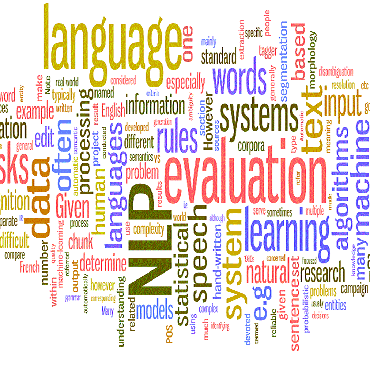Participatory budgeting (PB) is already well established in Scotland in the form of community led grant-making yet has recently transformed from a grass-roots activity to a mainstream process or embedded 'policy instrument'. An integral part of this turn is the use of the Consul digital platform as the primary means of citizen participation. Using a mixed method approach, this ongoing research paper explores how each of the 32 local authorities that make up Scotland utilise the Consul platform to engage their citizens in the PB process and how they then make sense of citizens' contributions. In particular, we focus on whether natural language processing (NLP) tools can facilitate both citizen engagement, and the processes by which citizens' contributions are analysed and translated into policies.
翻译:苏格兰已经以社区主导的赠款发放形式建立了参与性预算编制,但最近已经从基层活动转变为主流进程或嵌入的“政策工具”,这一转变的一个组成部分是利用领事数字平台作为公民参与的主要手段。本研究文件采用混合方法,探讨组成苏格兰的32个地方当局如何利用领事平台让其公民参与公共预算进程,然后如何让公民了解公民的贡献。特别是,我们侧重于自然语言处理工具能否促进公民参与,以及公民贡献分析和转化为政策的过程。





